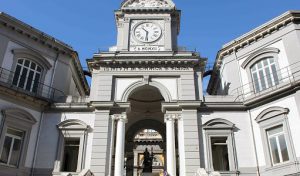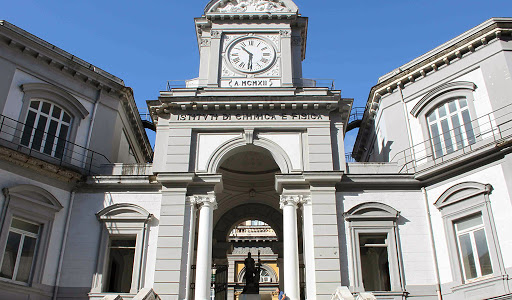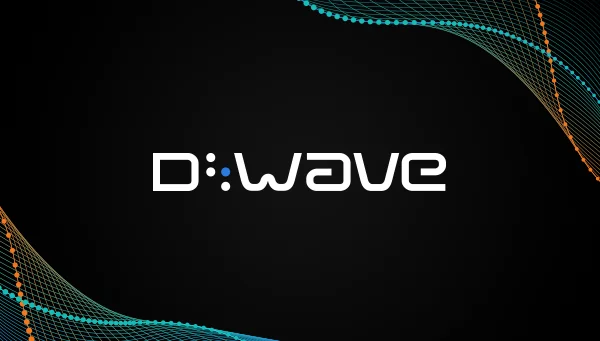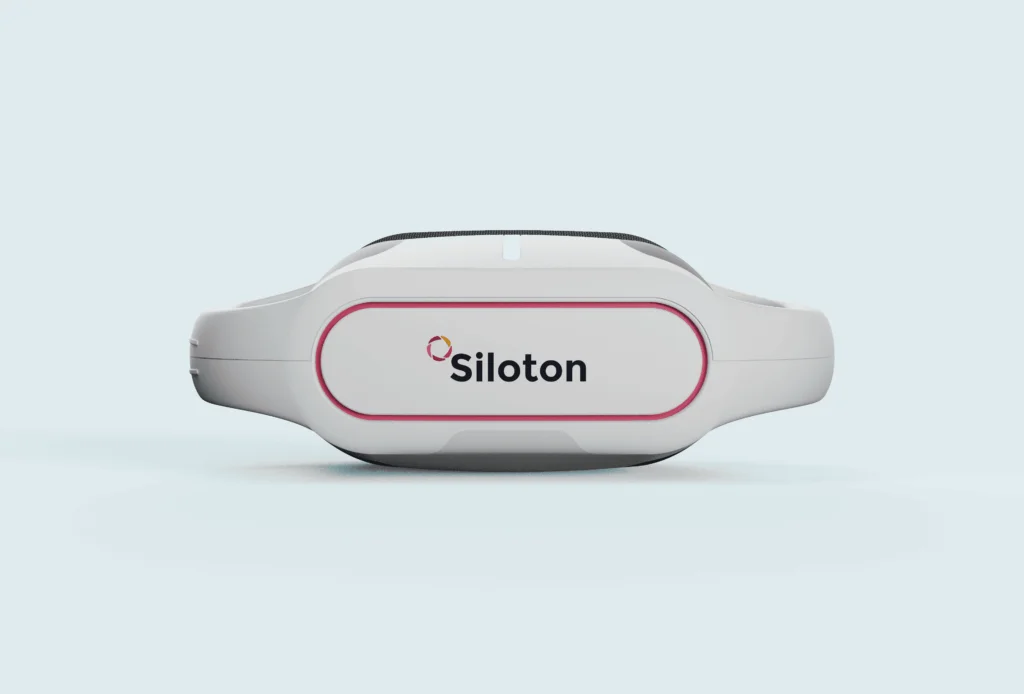
Seeqc, the Digital Quantum Computing company, today announced its Naples team, led by Marco Arzeo, Ph.D., has successfully developed and measured a two-qubit gate. here
Seeqc’s is the first team in Italy and one of only a handful of international quantum computing firms to achieve this critical engineering milestone.
The two-qubit gate measurement is an important step in the company’s design and development of a commercially viable quantum computing platform built to solve specific business problems with specific algorithms.
A Milestone For Digital Quantum Computing

Seeqc is developing a new approach to making quantum computing useful called digital quantum computing. Digital quantum computing combines classical and quantum computing, forming an all-digital architecture to address the efficiency, stability and cost issues that often plague quantum computing systems using CMOS-based analog, microwave control infrastructure. The development of a two-qubit gate is essential for creating practical quantum computers and is a vital engineering achievement for Seeqc’s approach.
Seeqc’s architecture includes proprietary digital chips that are co-located with qubit chips as multi-chip modules in the same cryogenically cooled system. The Digital Quantum Management (DQM) system-on-a-chip architecture enables the company to co-design specific quantum hardware that matches the unique requirements of quantum algorithms and applications. To learn more, visit https://seeqc.com/innovation/.
Southern Italy Building Momentum As New Quantum Hub
“The COVID-19 pandemic has hit the people and the economy of southern Italy especially hard; unemployment is high and domestic investments in high-tech initiatives have historically been rare,” said Marco Arzeo, researcher and lab manager at Seeqc Naples. “I’m very optimistic because of this technological breakthrough by our team and also from our new government’s commitment to fiscal responsibility and high-tech innovation in Italy.”
Arzeo added, “I think we’re at the beginning of a new chapter for our country. In tandem with the EU’s support of the economic recovery plan, this government is showing its commitment to Italian-based teams and our competitiveness and is putting our economy on the path toward recovery. We want to prove to the world and ourselves that we can provide our own jobs, support our own cutting-edge research and play a crucial role in developing next-generation technologies such as quantum computing.”
Seeqc’s full Naples research team responsible for the project includes Ph.D. students Halima Ahmad, Luigi Di Palma, Alessandro Miano; Ph.D. researchers Davide Massarotti, Domenico Montemurro; and professors Giampiero Pepe and Francesco Tafuri.
Seeqc is in the process of building a new laboratory and testing facility in Naples via its partnership with the University of Naples Federico II. The lab is expected to host 4 researchers and will be completed by the end of 2021.
Seeqc Awarded European Union and Italian grants
The international research network, “Gate Tuneable Superconducting Quantum Electronics” (SuperGate) is funded through an FET Open Grant of the European Union. In coordination with the University of Konstanz, SuperGate awarded Seeqc EU a €250,000 grant to lead the “technology transfer and exploitation” work package of the €3.2 million total initiative.
The project’s objective is to create an interface between superconductors and semiconductors for the development of future supercomputers — specifically for new technology in superconducting logics with performances comparable with the one based on rapid single flux quantum (RSFQ), but that at the same time can also operate in conjunction with CMOS (semiconducting) technology.
In the first-ever Italian government grant for commercial quantum computing, Seeqc was also recently awarded €270,000 from the “Sistema di Misurazione Automatizzato per tecnologie Quantistiche” (SMAQ) in a one-year project funded by “regione Campania” (Naples’s region). The program provides a €10 million grant initiative for innovative startups with headquarters or operational sites in the Naples area.
Seeqc is partnering with the University of Naples Federico II to aid in the development of an automated measurement system for the characterization of quantum technologies.
About Seeqc:
Seeqc is developing the first fully digital quantum computing platform for global businesses. Seeqc combines classical and quantum technologies to address the efficiency, stability and cost issues endemic to quantum computing systems. The company applies classical and quantum technology through digital readout and control technology and a unique chip-scale architecture. Seeqc’s quantum system provides the energy- and cost-efficiency, speed and digital control required to make quantum computing useful and bring the first commercially-scalable, problem-specific quantum computing applications to market.
The company is one of the first companies to have built a superconductor multi-layer commercial chip foundry and through this experience has the infrastructure in place for design, testing and manufacturing of quantum-ready superconductors. Seeqc is a spin-out of HYPRES, the world’s leading developer of superconductor electronics. Seeqc’s team of executives and scientists have deep expertise and experience in commercial superconductive computing solutions and quantum computing. Seeqc is based in Elmsford, NY with facilities in London, UK and Naples, Italy.
For more market insights, check out our latest quantum computing news here.















